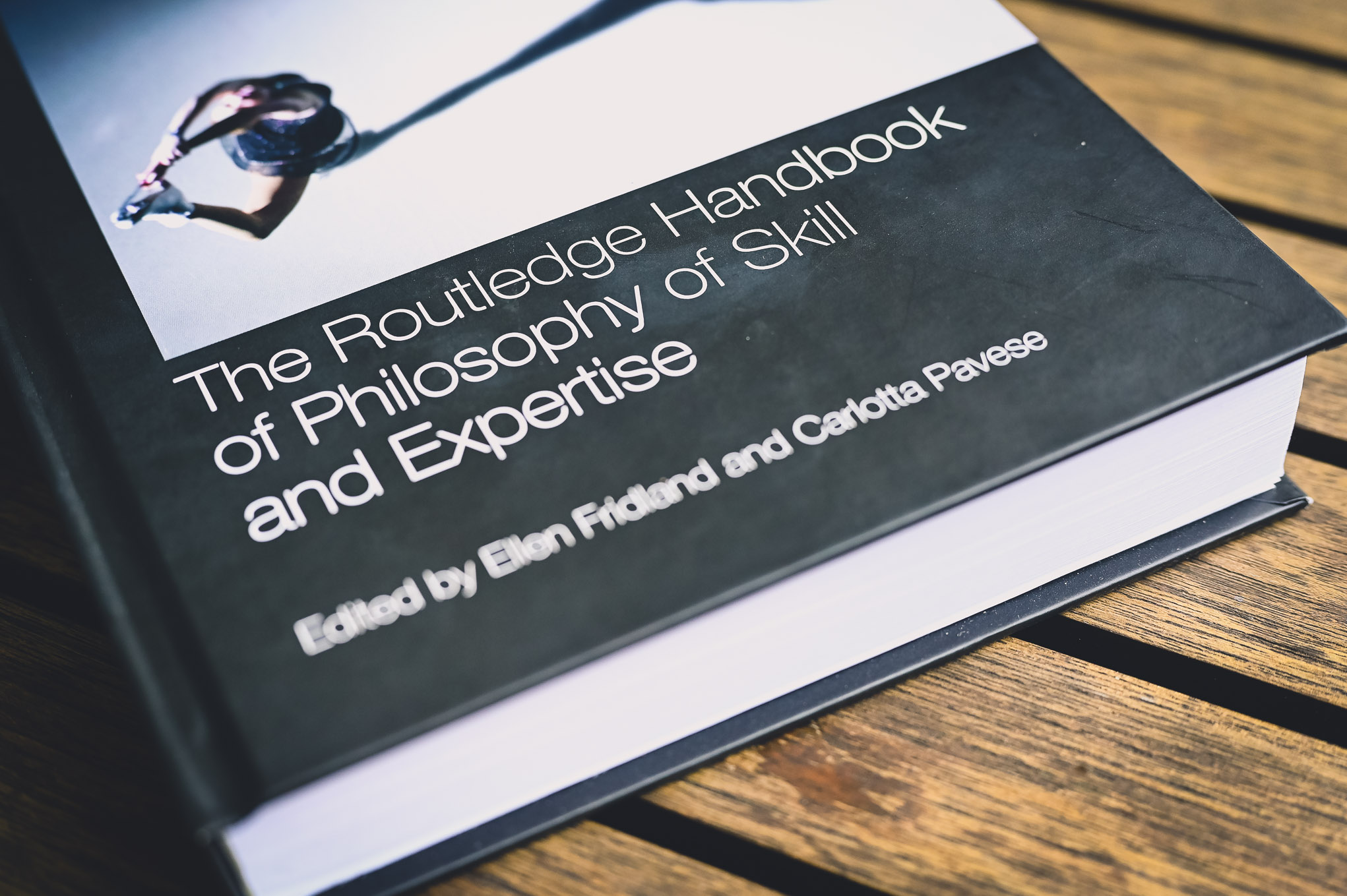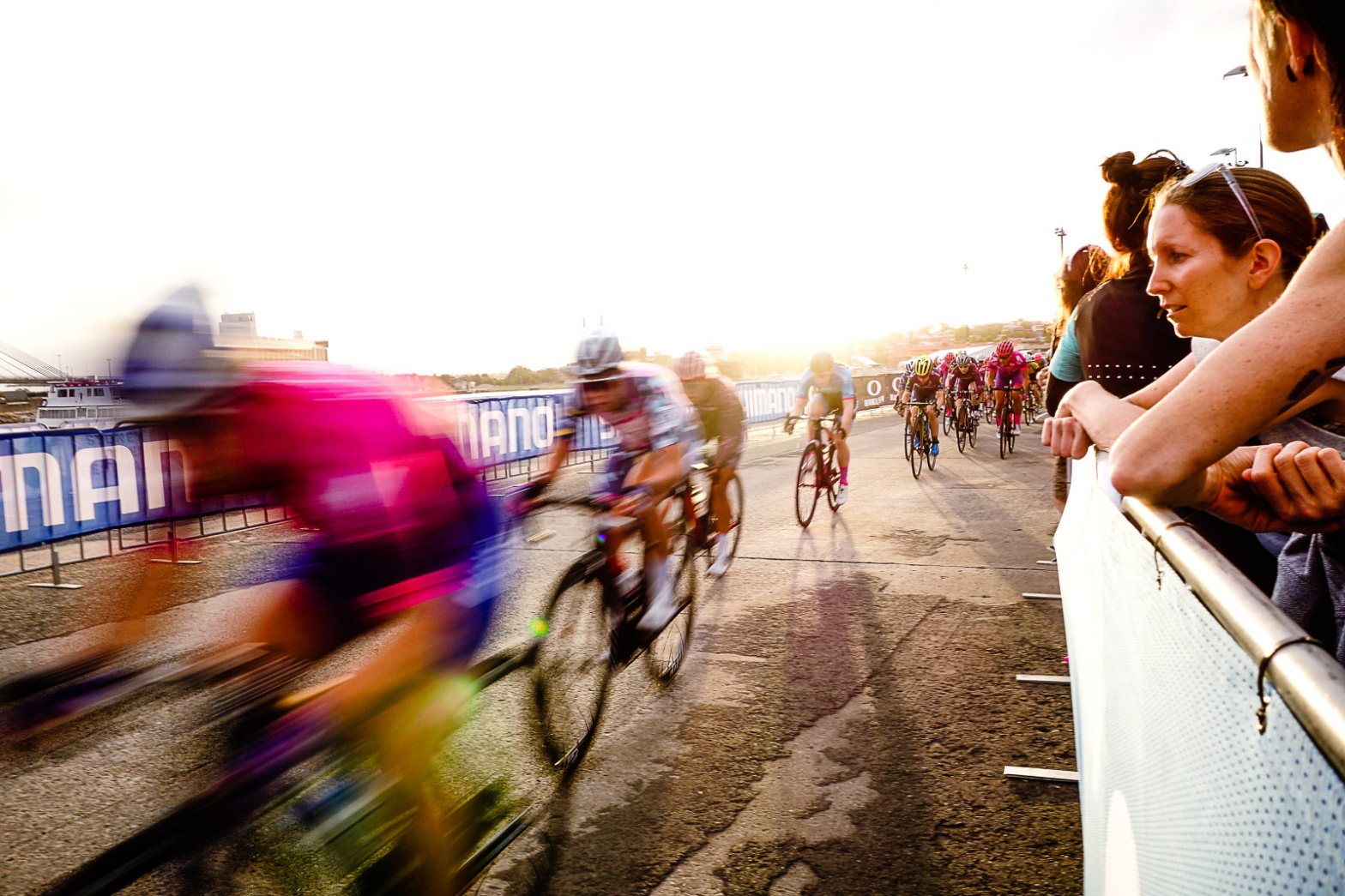We can learn so much from people who are really good at what they do. So how do we do this? And why does it matter?
A book chapter by John Sutton and I asking, and answering, these questions was recently published in an exciting volume pulling a whole range of interesting work on skill together: The Routledge Handbook of the Philosophy of Skill and Expertise, carefully and cleverly edited by Ellen Fridland and Carlotta Pavese.







For our contribution – ‘Embodied experience in the cognitive ecologies of skilled performance‘ – we take a brief tour through some of the existing research on experts and embodied expertise and explore some of the many, varied (and quite cool) methods for producing this. Contrary to the view that experts can’t accurately recall or articulate what they did and why when the pressure is on, we finish by looking at a case study from road cycling that shows just how much some people can tell us about their own performance processes – why they did what they did, when they did – and why this is so incredibly valuable to researchers interested in skilled performance processes. The chapter is also a plea to more researchers to study expertise in the complex, unpredictable settings where that expertise is deployed: out in the world rather than in a lab or other controlled environment. (Although the lab studies sure do teach us a lot as well. Truth be told, I often want to share this chapter with researchers I look up to in a range of different disciplines and say, ‘Work with us! This is what we bring to some of the questions that you are interested in as well.’ Collaboration and healthy interdisciplinarity for the win!)
The abstract to our chapter is below. I also really like John’s three sentence summary of the chapter, and why it is important:
The skilled performance of experts in complex, culturally-significant settings often involves navigating dynamic, unpredictable circumstances. This chapter sets a new agenda for research on skill and expertise, to focus on the embodied experience of real expert performers in real domains of practice, as they deploy richly embedded strategies in full and challenging ecological settings. We can learn much about skill and expertise if we work with real experts in the environments to which they are so intelligently attuned.

FULL ABSTRACT
The skilled performance of experts in complex, culturally significant settings often involves navigating dynamic, unpredictable circumstances. In elite sport, professional athletes deal with weather conditions, unfamiliar locations or deteriorating conditions, equipment and new technologies, fatigue, pain and risk, audience expectations and noise, the constraints of collaboration, the actions of other competitors, and strong personal emotions. We set a new agenda for research on skill and expertise, to focus on the embodied experience of real expert performers in real domains of practice, as they deploy richly embedded strategies in full and challenging ecological settings. Studying experts’ embodied experience, both over time and at a time, requires expanding standard sources for skill theory, to tap not only specialist work in sport psychology, music cognition, and other rich bodies of applied research, but also practitioners’ own fallible but unique self-understandings. We address standard concerns about self-report, surveying related methods from cognitive psychology, sport science, and cognitive ethnography, and home in on apprenticeship methods and work by researcher-practitioners. We conclude with an extended case study of professional cyclist Chloe Hosking’s account of the closing stages of her winning ride in the 2016 La Course by Le Tour de France, at the time the highest profile event in women’s road cycling. Triangulating Hosking’s narrative against other evidence, we identify the multiplicity of diverse cues to which she was responding in on-the-fly decision-making. We can learn much about skill and expertise if we work with real experts in the environments to which they are so intelligently attuned.
Citation: John Sutton and Kath Bicknell (2020). Embodied experience in the cognitive ecologies of skilled performance. In Ellen Fridland and Carlotta Pavese (eds), The Routledge Handbook of the Philosophy of Skill and Expertise (pp. 194-205). London: Routledge.
Seek out the book at all good research loving libraries. You can happily browse the full table of contents and other chapter abstracts here.
If you don’t have institutional access or the funds to buy a personal copy of the book, an earlier draft of our chapter can be found on Academia.edu.au.
Big thanks to the editors of the volume, and to all the other contributors who make it such an enticing read and one to feel very proud of being involved in. Biggest thanks to John for the work that went into this chapter and other ongoing collaborations over the years.
A little teaser to finish with for people who’ve read this far: a new book edited by John and I will be out in January 2022, Collaborative Embodied Performance: ecologies of skill. I look forward to sharing more about that soon.

All photos: Kath Bicknell

